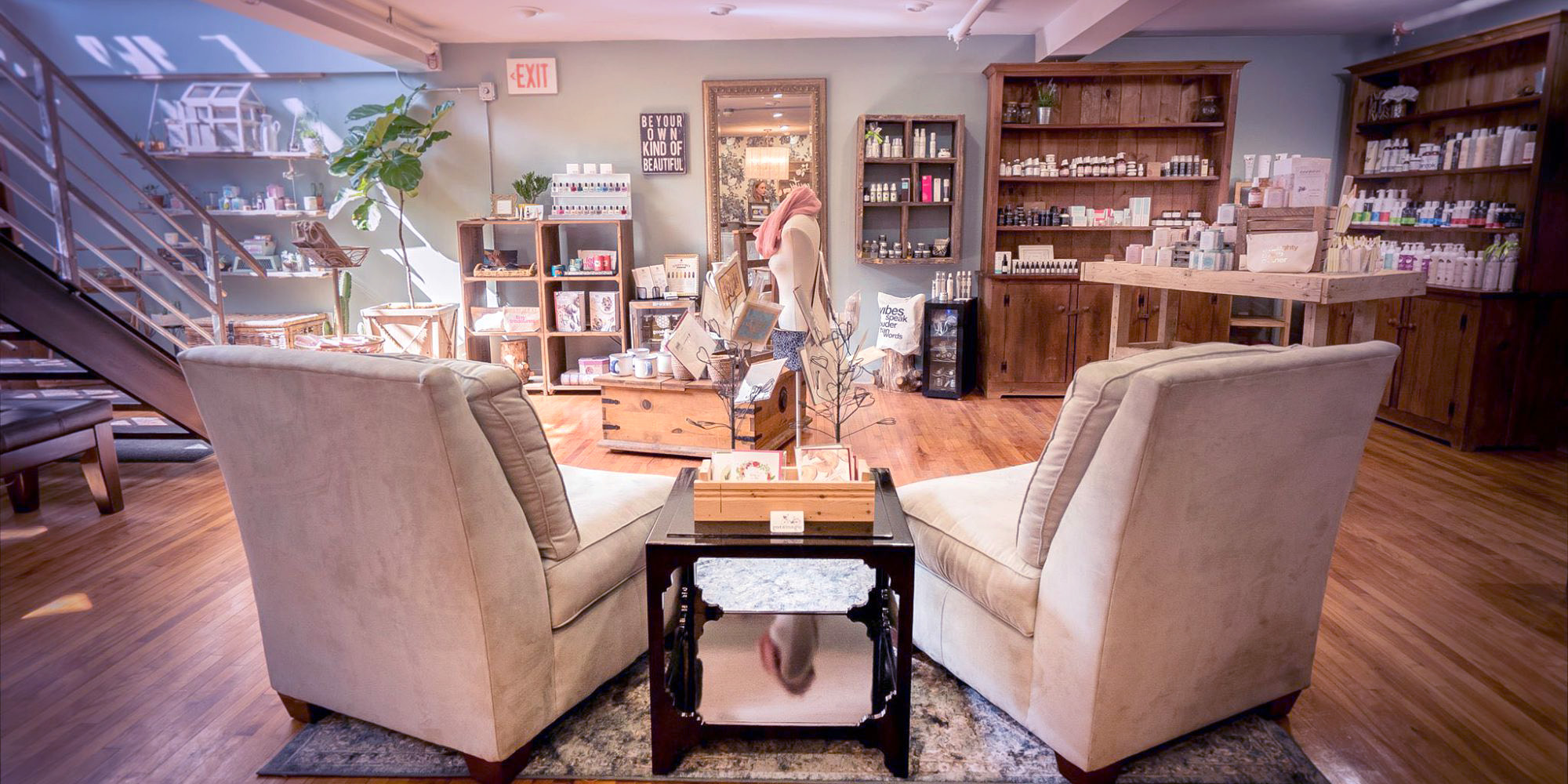
The Truth Beauty Company’s Jennifer Freitas Stays Ambitious Amid The Retail Apocalypse
Jennifer Freitas believed there was no reason the women in her hometown of Waterloo, Ontario shouldn’t be able to shop in a high-class beauty boutique. So, she gave it to them. In 2010, she opened an Olivier Soaps store and, three years later, she segued to the multi-brand green beauty concept The Truth Beauty Company. With two locations humming, Freitas has much bigger ambitions for her business with as many as 20 units across Canada in her plans. She dished to Beauty Independent on how to break into her stores, the missing pieces in the natural beauty segment and the future of physical retail.
Tell me a bit about Waterloo and why you started The Truth Beauty Company there.
Waterloo is a great city. It was an insurance town, and it has evolved into a tech town. It has two major universities. It’s an hour outside of Toronto, and I thought, “Why can’t I bring what typically is in the bigger cities here?” We didn’t even have Sephora at the time I opened.
You have a second location in Guelph, Ontario and plans to open more stores. What’s your real estate strategy?
I am looking for underserved cities. I’m not looking to be in big cities. I’m looking around Vancouver and Calgary for cities with populations of 200,000 to 500,000. That could be for 2018.
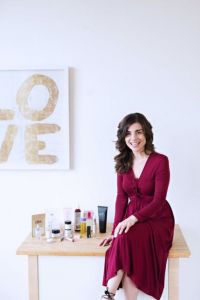
As an eco beauty retailer, what parameters do you have for products entering your locations?
We operate with transparency here, and we are primarily clean, but there are occasionally ingredients we make exceptions for. Indie Lee has phenoxyethanol. To me, that’s an exception. Beyond ingredients, we look at whether or not the product performs, and we look at whether the aesthetic fits with The Truth Beauty Company.
How big are your stores?
Waterloo is 1,400 square feet, and Guelph is about 800.
What’s your customer profile?
They are generally fairly well-educated women, and middle to upper class. They are often mothers. They’re cultured. They like the whole idea of shopping locally and fair trade, if possible. They come in armed with information. They ask me big questions like, “Is this palm oil sustainable?”
What are your annual sales?
$500,000 for the two combined on average per year [in Canadian dollars or nearly $400,000 in U.S. dollars]
What are your four bestselling brands?
Indie Lee, Cocoon Apothecary, Shamanuti, Wild Hill Botanicals
What are four of your bestselling products?
Face creams from Odacité and Indie Lee, Clove + Hallow lipsticks, Schmidt’s deodorant
What’s your top beauty category for sales?
Makeup at 45 percent of sales.
What margin do you take generally?
Around 50%
“Indie beauty has really exploded in the last three years. Every day, there is somebody approaching me with a product. A lot of people are seeing indie and clean beauty as an opportunity, so they are making products, but not doing anything different.”
Are you flooded with brands trying to get into The Truth Beauty Company?
Indie beauty has really exploded in the last three years. Every day, there is somebody approaching me with a product. A lot of people are seeing indie and clean beauty as an opportunity, so they are making products, but not doing anything different. There’s a lot of redundancy.
How do you typically discover new brands?
Social media and my clients. I don’t really like working with distributors. The trouble with distributors is that all my competitors will pick up their brands. To be exclusive and unique, I need to do my own due diligence.
How do you prefer brands pursue The Truth Beauty Company?
I don’t like being approached. I’m a super people pleaser, and I don’t like turning brands down even though that’s my job. Although, if you have a good brand and you are passionate about working with us, I want to hear from you. Email is preferred. Just getting a random box of samples isn’t that great for me. After an email, I like getting the samples to review.
How long does it take to onboard a new brand?
It depends on how interested I am in the brand. It could take two weeks to four months. It might depend on the time of year. Summer is slower, and Christmas is so crazy. We move everything so fast in October, November and December.
Do you have sample requirements for brands?
No requirements presently, but, as we continue to grow, those are policies we are going to start implementing.
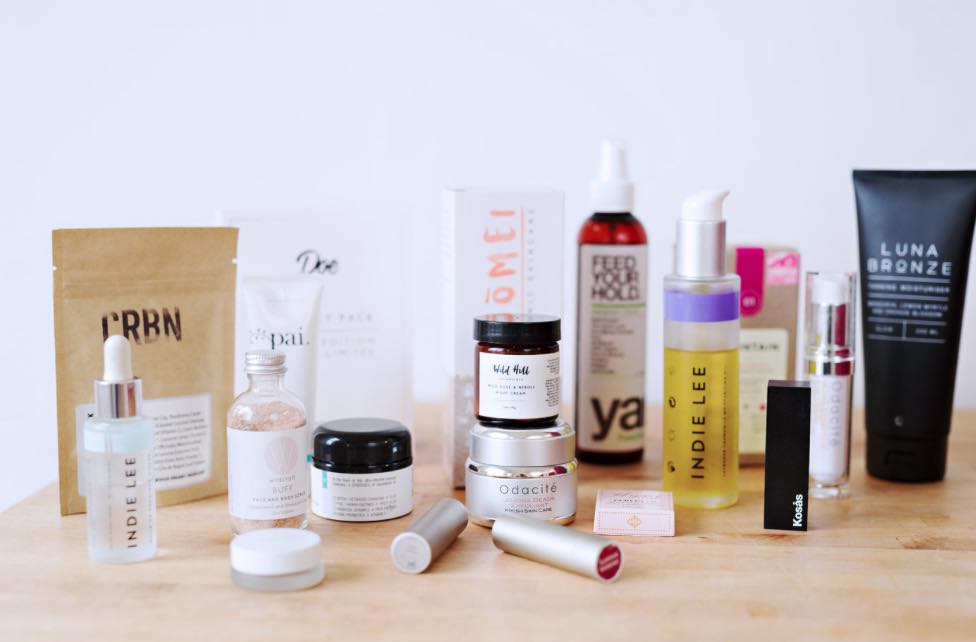
Is there something brands could do more of to improve their business at your stores?
Promote the retailers. Maybe not necessarily all the time because they do make money from their own sites, but, even if it is an occasionally shout out on Instagram or a profile in their blogs, that would be good. What’s good for me is ultimately good for them.
What do you wish brands knew about The Truth Beauty Company?
A lot of brands don’t know how much I actually weigh the impact on the environment in how I purchase. We don’t talk about it enough as an industry. Are you over packaging when you are shipping to me? Do you have a recycling program for your bottles? Are your oils sustainably harvested?
Where do you stand on Amazon?
I don’t love it, but I feel it doesn’t really impact me. My customer wants to come in, and touch and smell. They want to see how the product lays on their skin. They appreciate the tactile experience and my reputation.
Are there any techniques you’re trying to draw customers?
I would love to do more video because people want to feel connected with me. And demos. Demos really work. My clients want to see founders and their expertise. They have desk jobs. They are not immersed in the clean beauty world and, for them, it’s an opportunity to pick the brains of founders.
What’s been a standout event you’ve held and why?
One that was well attended was with the naturopathic doctor Alex Coulson, who is also an acupuncturist. All of my clients who came to it are now her clients. When people are coming into clean beauty, they also want treatments that are not Botox and not cosmetic surgery.
“A lot of brands don’t know how much I actually weigh the impact on the environment in how I purchase. We don’t talk about it enough as an industry.”
What are gaps natural beauty brands could fill in the market?
Styling products is an area we need to grow. We don’t have a lot of shaving products for women or even for men. Fragrance, that’s a tricky because, if you go pure, there isn’t the longevity there. In makeup, when this industry was emerging, we saw so many cream based products, but we didn’t see as many pressed powders. Pressed powders have grown, but I still feel there is room to grow.
What’s your take on the retail apocalypse of 2017?
I don’t think the death of brick and mortar is imminent. The small malls, some of those will be weeded out, and the super malls will grow and not be as impacted. I think we are going to see dedicated niche boutique shopping areas in cities revitalized. People are connecting to smaller brands. That’s the experience I’ve had with my stores.

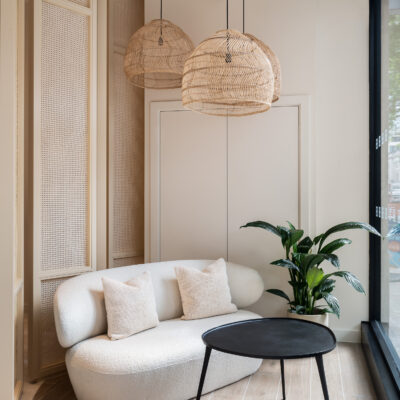
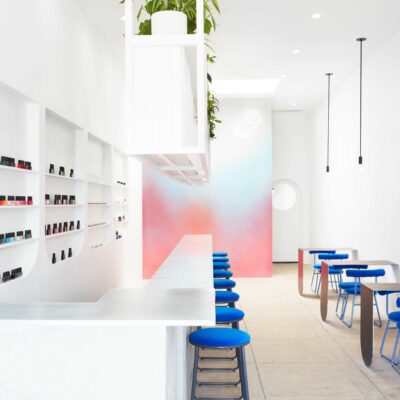
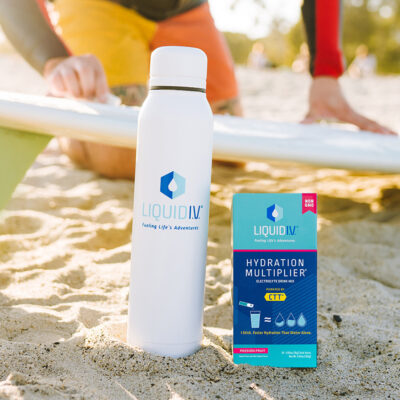

Leave a Reply
You must be logged in to post a comment.